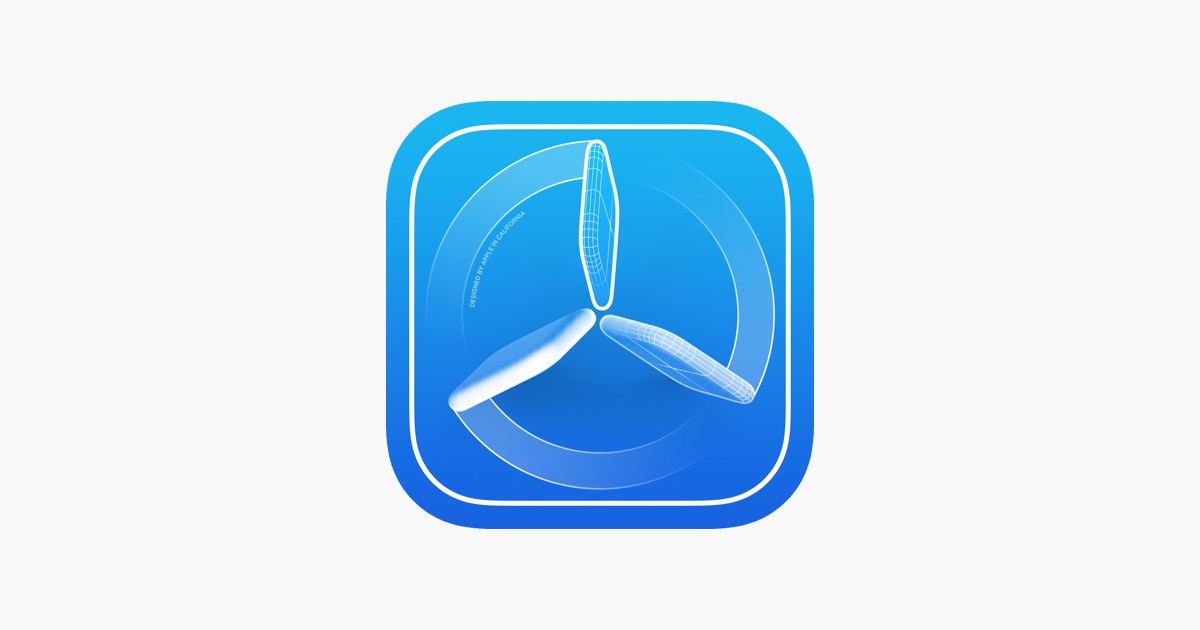The BimmerCode team reached out to let us know that they have a TestFlight of their new Bimmerflow app for EVs available:

 testflight.apple.com
testflight.apple.com
Here are some screenshots to give you an idea where they are headed:
![]()
![]()
![]()
![]()
Update: Now available on the App Store:

 apps.apple.com
apps.apple.com

TestFlight - Apple
Using TestFlight is a great way to help developers test beta versions of their apps.
Here are some screenshots to give you an idea where they are headed:




Update: Now available on the App Store:
EVScanner – Check your Battery
EVScanner is your ultimate companion for monitoring the performance of your electric or hybrid car. BATTERY HEALTH INSIGHTS With EVScanner, you gain access to detailed insights into the state of health of your battery or individual battery cells, alongside advanced battery data such as...

















